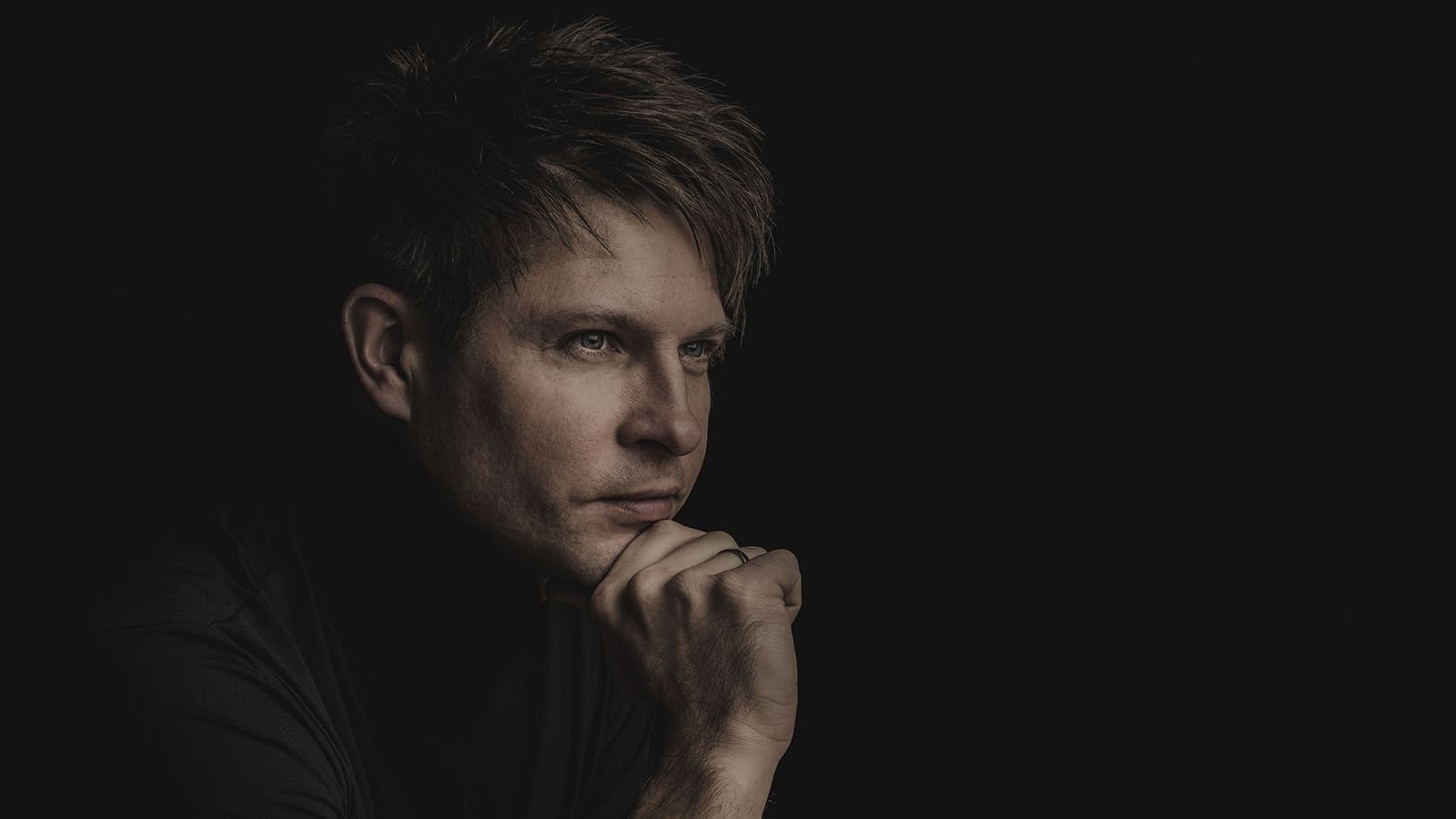Classic cool

Krzysztof Urbański, a fast-rising Polish conductor (only in his mid-30s, but going places), made an intriguing impression with his National Symphony Orchestra program last night. He re-thought the hackneyed Tchaikovsky Fourth Symphony, spread a gossamer halo around pianist Lise de la Salle in Chopin’s Concerto No. 2, and introduced us all to a worthy Polish composer from the previous century, Grażyna Bacewicz.
Urbański has forged a quirky, modernist style that emphasizes clarity over personal expression. It’s as if he conducts with one arched eyebrow, “playing” the orchestra rather than exhorting it. He doesn’t really express rhythm with his body; but his baton is very specific when it needs to be, and often simply stops when the music is bouncing comfortably along. But it was clear that he had drilled the NSO carefully, the baton simply reminding of points made in rehearsals rather than impelling or commanding the musicians. This detachment was off-putting for me at first, but one had to notice that the NSO was playing with an unusual level of attentiveness and care for balance. Heart-on-sleeve playing gives more instant gratification, but the many new ideas heard in the Tchaikovsky have kind of taken hold in my memory.
The Tchaikovsky Fourth Symphony is his most interesting one structurally, with many details reflecting the larger picture. The rare 9/8 time signature in the opening movement, the Scherzo where the strings never use their bows, and the hell-for-leather finale combine into a formidable experience. Urbański’s tempos were surprisingly moderate rather than impetuous or arbitrary -- most young conductors feel that the way to make their mark on this music is to push the orchestra to and past its technical limit. But the breathing-room allowed him to find moments of hushed beauty and fulsome color. He could not tame the brass and timpani entirely (the end of the first and last movements sounded like a military band), but for the most part this performance had more clarity and detail than any I’ve heard.
In the concerto, de la Salle charmed with lightness and gentle beauty. Her trills absolutely sang in the Larghetto, and elsewhere she responded to lyrical sections with a natural affection. The virtuoso runs in the finale were note-perfect if not particularly fiery; but this was Chopin playing of the highest order. Urbański’s accompaniment breathed with her. (She let loose with one of Prokofiev’s Visions Fugatives for an encore, wearing a tall witch’s hat.)
The brief Overture by Bacewicz (1909-69), who was a solo violinist and fiction writer as well as a composer, was a sturdy, bustling curtain-raiser, making me think of some of the Smetana Ma Vlast numbers but with more kurkuma. I would think there are reams of central European works of similar quality that we’ve never heard. Urbański is a fresh, confident young voice on the podium, and we’ll likely see him taking over one of the world’s major ensembles before too long.
Photo: Caroline Doutre





